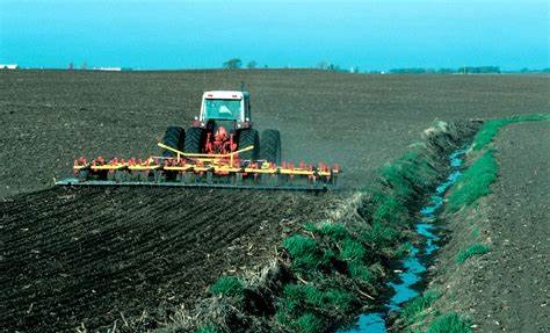
In England, every single river, lake or canal is of poor ecological and chemical health. Private water companies and industrial agriculture continue to dump raw sewage and toxic fertilisers into our water systems. Despite this, the Environment Agency’s plans to clean up waterways have been pushed back to 2063.
Current state of river health
Recent data shows that only 14% of waterways in England are of good ecological standard with every river catchment failing to reach a good chemical status. Rivers fail to pass ecological and chemical quality tests because of pollution from sewage discharges, treated and untreated, and agricultural runoff. Agriculture pollutes nearly two-thirds of rivers in Britain, the water industry more than half, and the urban and transport sector a quarter.
Plastic pollution in British rivers and freshwaters has also dramatically increased, with single use and unflushable plastic products piling up in canals, rivers and lakes. In some sections of the River Irwell in the north-west of England, there are 500,000 fragments of plastic for every 1 square metre of riverbed.
Meanwhile, Environment Agency (EA) data shows its river testing has fallen from nearly 100,000 samples a year in 2012 to 41,519 in 2021. Budget cuts to the EA have reduced its ability to monitor water quality in rivers and detect permit breaches or pollution incidents from the water industry and farming, resulting in an incoherent and limited understanding of the freshwater environment in England.
In the 2021 Environment Act, the Department for Environment, Food and Rural Affairs (Defra) was given until October 2022 to set ambitious goals on air and water pollution. Now the government’s latest attack on nature in December weakens water pollution goals by giving farmers an additional three years to reduce agricultural waste dumping into waterways, requiring them to reduce pollution by 40% by 2040 rather than 2037. In addition, the EA has also pushed back the goal of achieving good ecological and chemical health of British waterways from 2027 to 2063, allowing private water companies to continue poisoning our water systems.
This comes at a time when Britain is experiencing a water crisis: private water companies are discharging massive amounts of raw sewage into river water systems and leaking billions of litres of water every day from damaged infrastructure. Thames Water, Britain’s largest water company, operates some pipelines that have been discharging sewage continually since 19 December 2022.
At the same time, the water industry, 70% of which has been under private foreign ownership since 1989, has paid out £65.9bn to shareholders, and has an outstanding borrowing of £54bn. These profits are hoarded by shareholders instead of being invested into fixing Britain’s broken water system. This is a blatant attack on the working class, 20% of whose bills go towards paying shareholders and servicing debt.
Agricultural waste as the largest contributor
Over the last 20 years, factory farming has become the mainstay for British livestock. Huge buildings now house thousands of cattle, pigs and chickens, with some farming units accommodating up to 100,000 chickens at any one time and up to 20 million chickens in a given catchment area. This massive concentration of livestock is having devastating consequences on the surrounding environment.
The land cannot absorb the amount of excrement produced by this amount of poultry. Instead, it is washed into nearby creeks and streams, eventually leaching into major river catchments creating biodiversity loss and contaminating soil and drinking water. Bird manure is high in nutrients like nitrate and phosphate, major drivers for the formation of algal blooms in lakes and rivers. Despite the damage to the water systems, local councils ignore the devastating cumulative effect of fertiliser buildup in waterways and continue to approve these facilities. One immediate solution to this would be to utilise this manure to enrich the soil in other parts of the country, allowing more land to be cultivated for different crops without depending on manufactured synthetic fertilisers. This would in turn reduce dependency on imported foods.
About 55% of England has been deemed a Nitrate Vulnerable Zone, meaning it is at risk of agricultural nitrate pollution. Defra has set out guidelines for farmers to prevent water pollution and manage manure, fertiliser and soil to prevent runoff, erosion and leaching of nutrients. These guidelines have a particular focus on nitrogen, but neglect to include phosphate pollution. Furthermore, there is very little enforcement of these guidelines and government initiatives such as Environmental and Land Management schemes (Elms), where farmers receive payments of up to £1000 a year for protecting nature and the environment. These payments are intended to reward farmers for undertaking measures to improve biodiversity and nature management on their land, but do not provide enough of an incentive for farmers to undertake these practices. Elms was created in 2018 to replace the EU’s Common Agricultural Policy, but so far only 224 farmers have received payments in the last year under the post-Brexit scheme. The costs involved in proper land and water management cuts into the profits of the landowners, so it is not in their interest to adhere to regulations or to change to more sustainable farming practices.
Bruno Sergi




